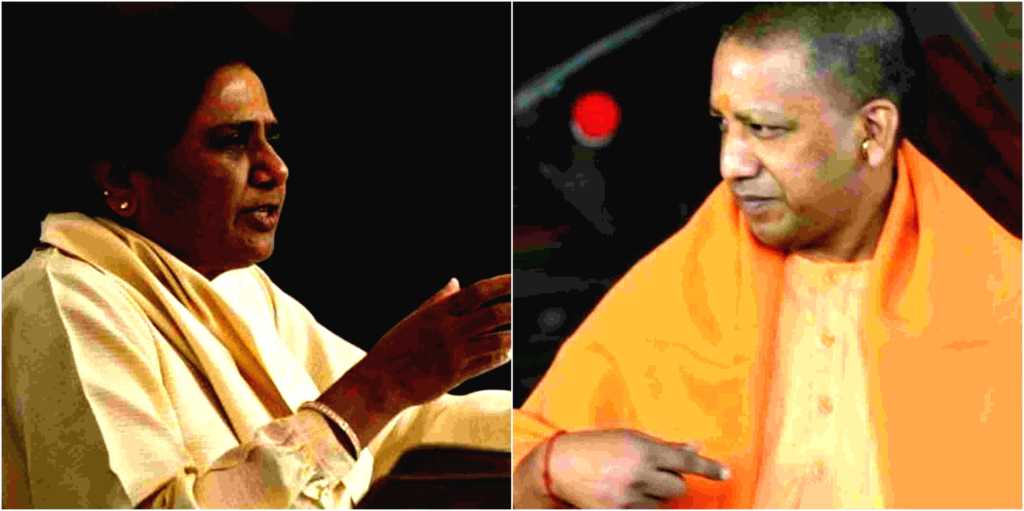Sugar mills were at one time the backbone of Uttar Pradesh’s economy and the sugarcane farmers in the state relied heavily on the government owned mills. The sale of 21 sugar mills to various private bodies under the rule of Mayawati led Bahujan Samaj Party was a highly controversial affair. Mayawati had allegedly carried forward the alleged disinvestment during her tenure as UP Chief Minister in 2010-11. Her tenure lasted a few years after this incident and the anger of the public over the issue among many others ensured that she never got back to power ever since. The disinvestment in 21 sugar mills belonging to the State Sugar Corporation and its subsidiaries was carried out to benefit many of her close aides and financial backers. The most prominent among them was liquor king Ponty Chadha. It is surprising that the Samajwadi Party, which came to power by winning the next assembly elections, did not pursue this case any further. The lax attitude of the SP government led by Akhilesh Yadav gave a breather to Mayawati. Bharatiya Janata Party came to power in 2017 with the promise of successfully pursuing the cases of corruption against the ex-ministers of Uttar Pradesh. CM Yogi Adityanath did not waste much time and referred the case to CBI as early as possible. In a troubling development for BSP chief Mayawati, the CBI has finally agreed to investigate the case.
CM Yogi Adityanath’s government had referred the scam to CBI on the 12th of April keeping in line with their promises. The Yogi government had asked the CBI to conduct an inquiry into the “entire sale proceedings of 21 sugar mills”. The sale of sugar mills has raised doubts as many of the mills sold were in an operational state. Ex-BSP minister and former aide of BSP chief, Naseemuddin Siddiqui has previously blamed Mayawati of being responsible for the controversial sale of the sugar mills. “Sugar mills were sold on the instructions of then CM Mayawati and BSP general secretary Satish Chandra Mishra”, Naseemudin Siddiqui had proclaimed last year.
BSP chief Mayawati has denied all these allegations levied on her by Siddiqui and instead blamed him for carrying out the sale. Mayawati had also cited the sale of the sugar mills as a reason for Siddiqui’s ousting from the BSP. Whatever the real reasons might be, it is nonetheless surprising how the Akhilesh Yadav led SP government did not show any interest in pursuing this case. There is a possibility that the unoffical SP-BSP coalition we are seeing today has its roots in the past. Working with each other, both the parties have managed to put to rest many charges of corruption levied upon them.
The CBI enquiry will uncover the use of bogus companies and other discrepancies which were done to purchase the 21 mills. It will also lay bare the notorious ways in which SP and BSP used to function in their regimes. The CBI inquiry will be transparent and cannot be challenged by the parties at fault. The handing over of the case to the CBI will ensure that the charges of vendetta politics will not be levied on the incumbent BJP government. BSP is already caught in a tough position today and will face further issues in trying to justify its actions once the inquiry starts. The SP too is not in a position to hamper the proceedings of this case. Another reason the CBI enquiry was important was that many of the accused were from outside Uttar Pradesh. The FIR registered at Gomti Nagar Police Station along with other relevant data have already been shared with the CBI by the Uttar Pradesh government. The role of politicians and businessmen involved in the deal will be closely scrutinized by the CBI once document reviewing is done. The BSP and SP leaders will find it difficult to defend their position in the days to come. The Uttar Pradesh government’s non-compromising attitude towards scammers means that the SP and BSP will continue to face more of such pitiable conditions in the days to come.
